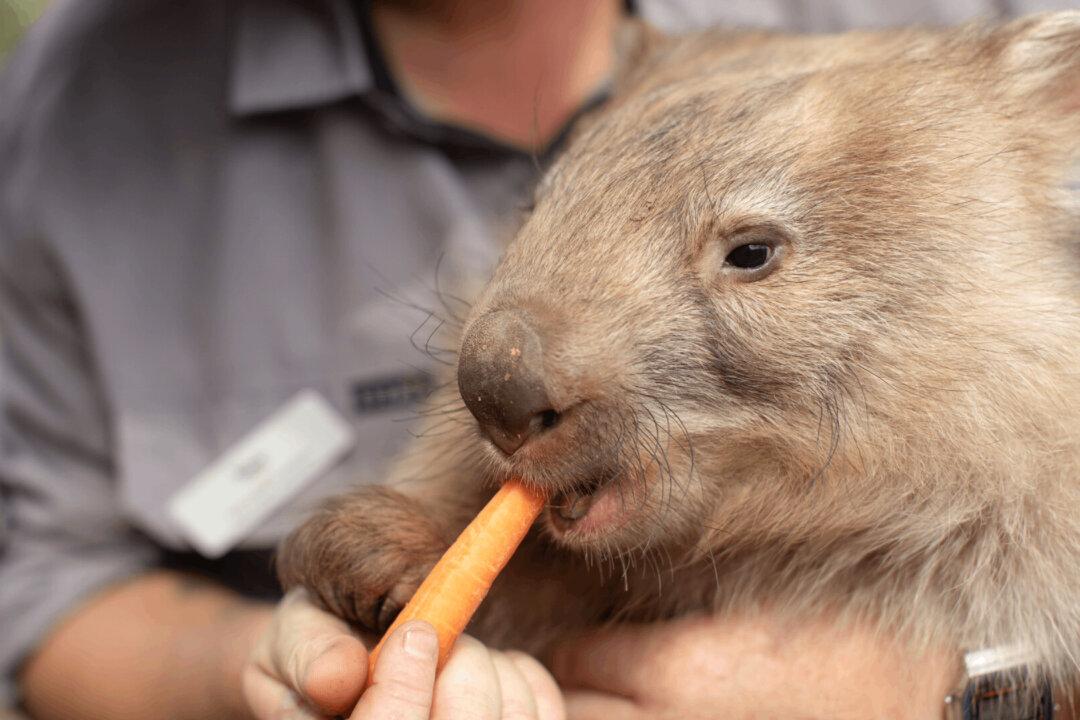Australia’s Environment Minister Tanya Plibersek has unveiled a ten-year conservation plan to ensure there are no “new extinctions of plants and animals.”
On Oct. 4, the Labor minister released “The Threatened Species Action Plan 2022-2032” which outlines a series of ambitious targets, including preventing new extinctions, conserving 30 percent of Australia’s land mass, adding 10 threatened species to the priority species list, and spending $224.5 million on the Saving Native Species program.





